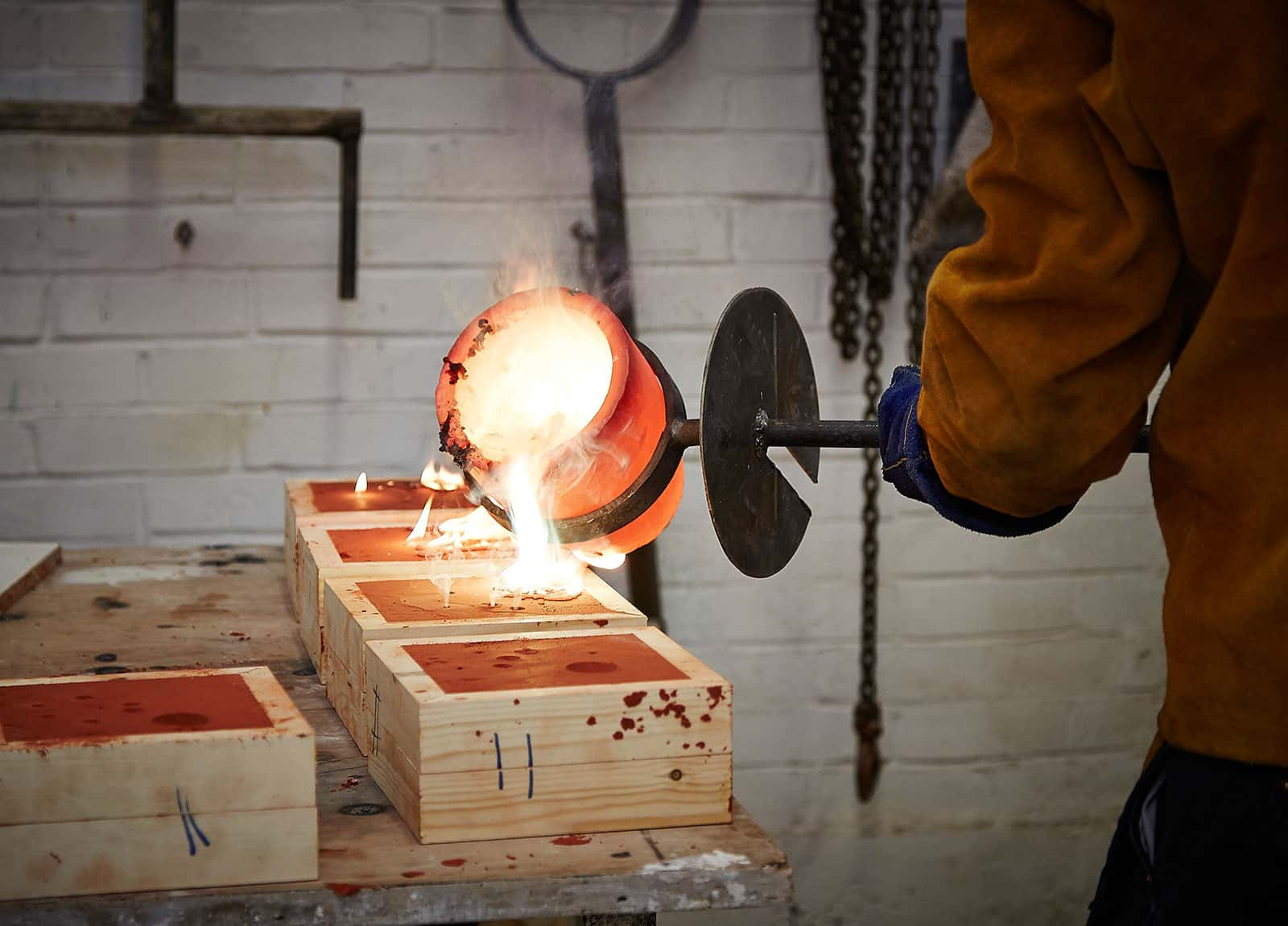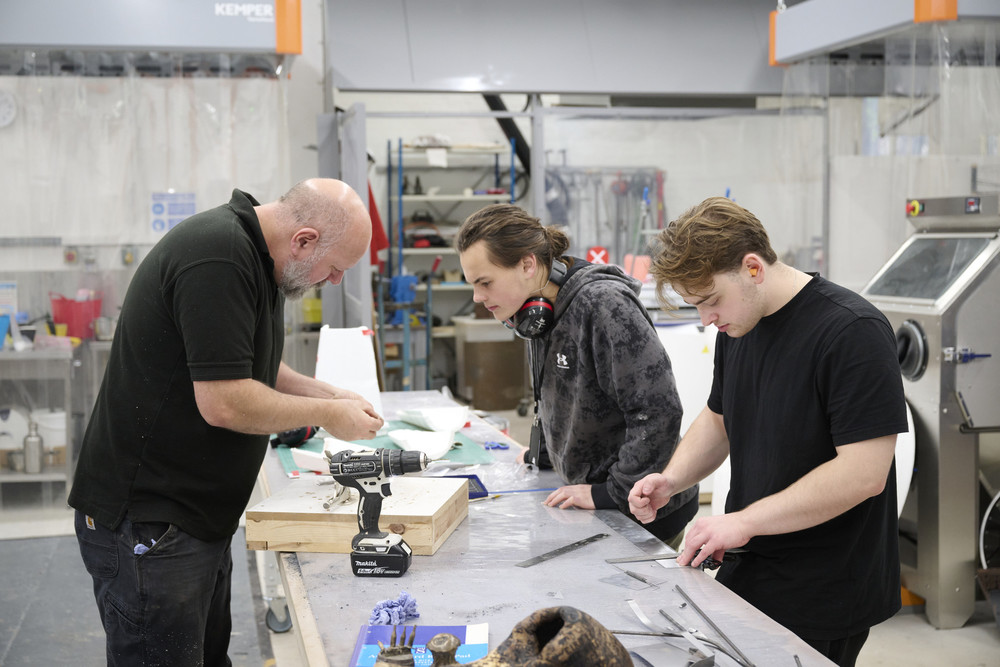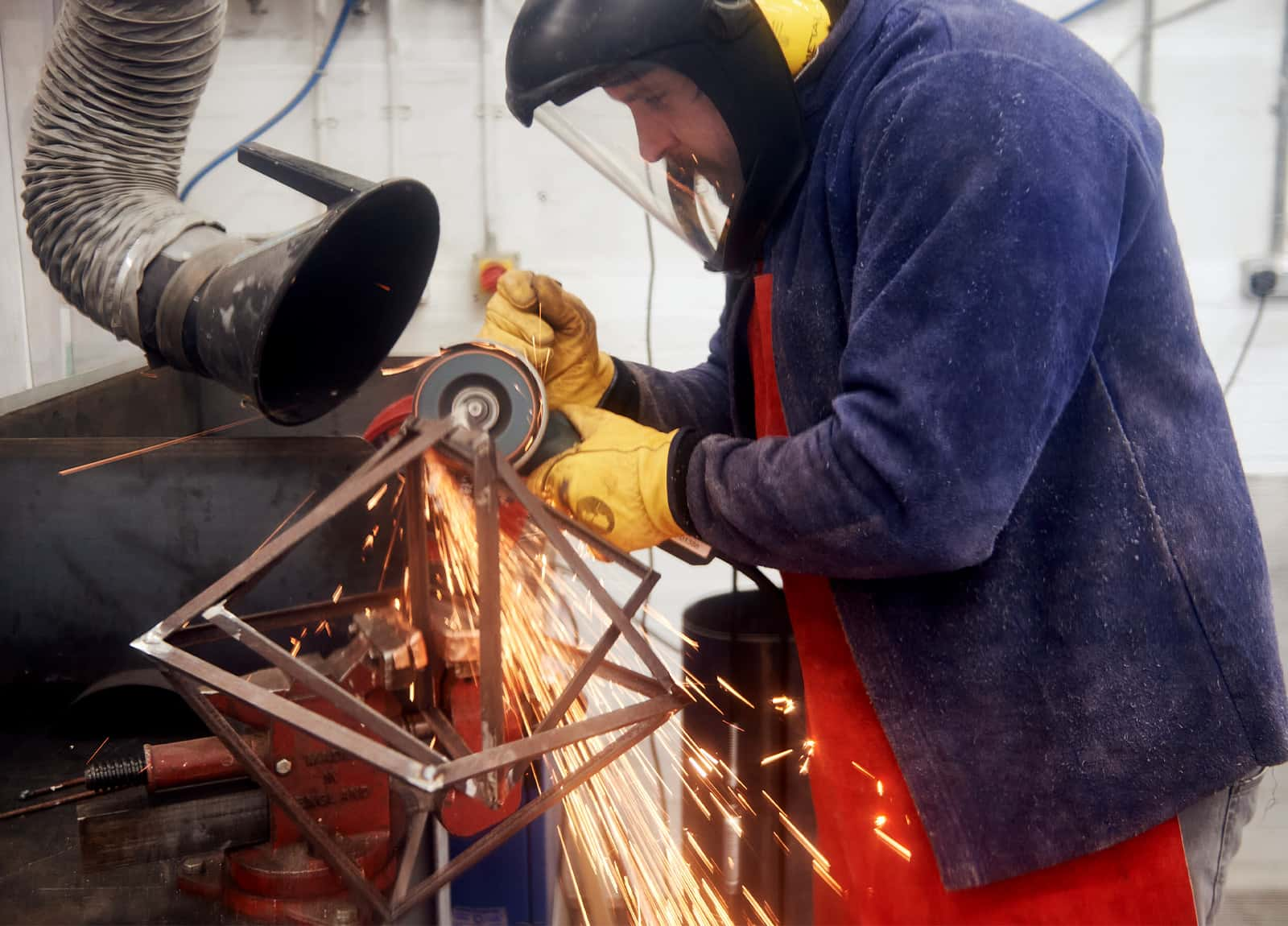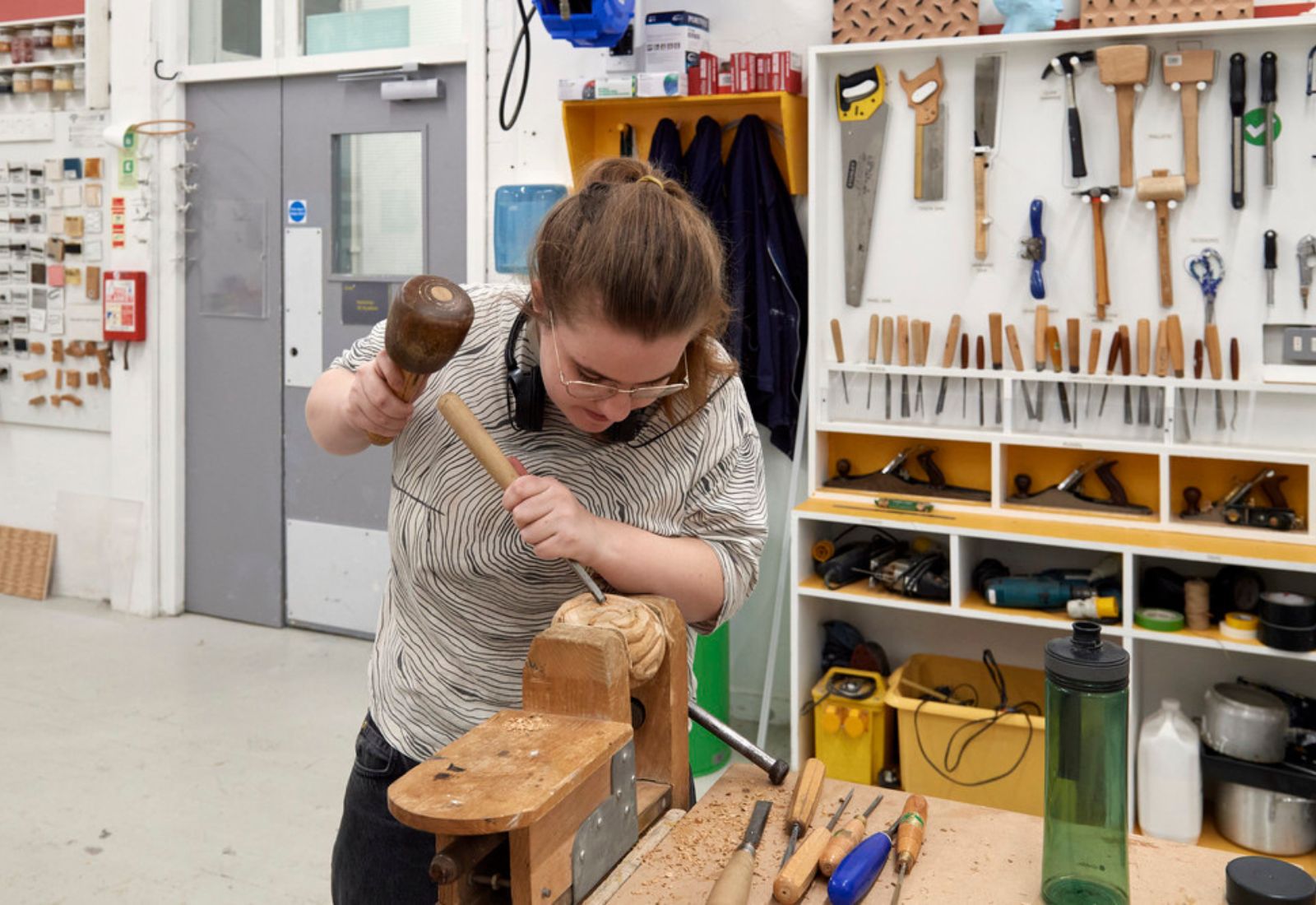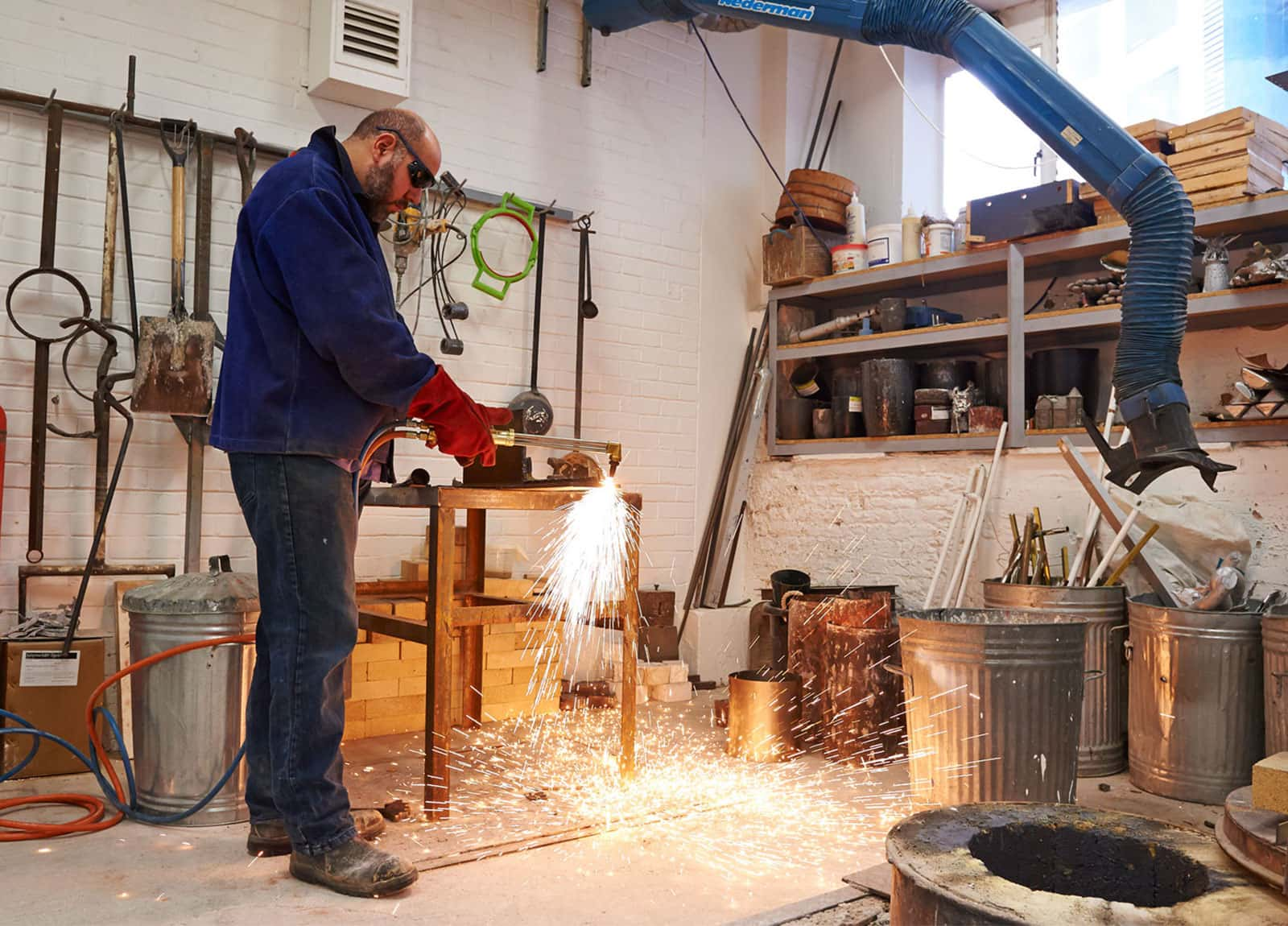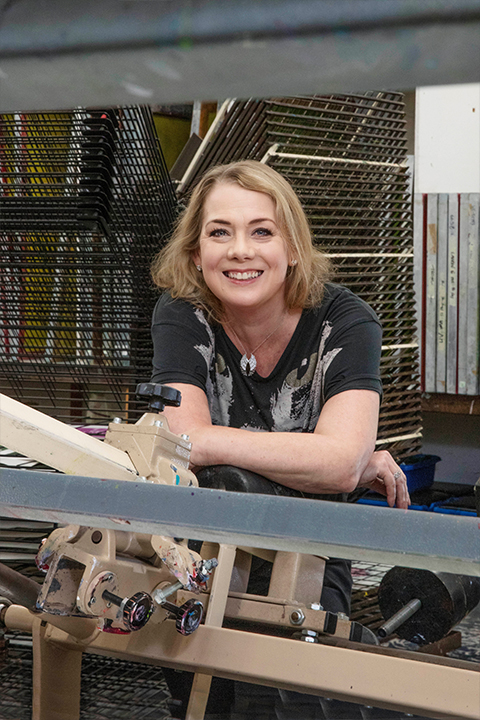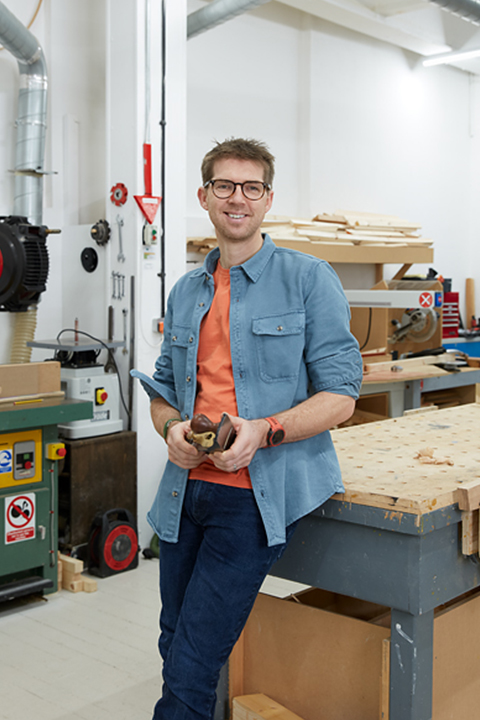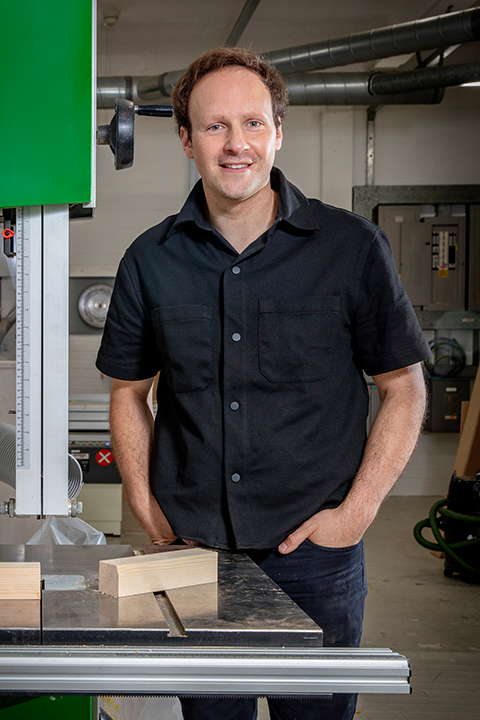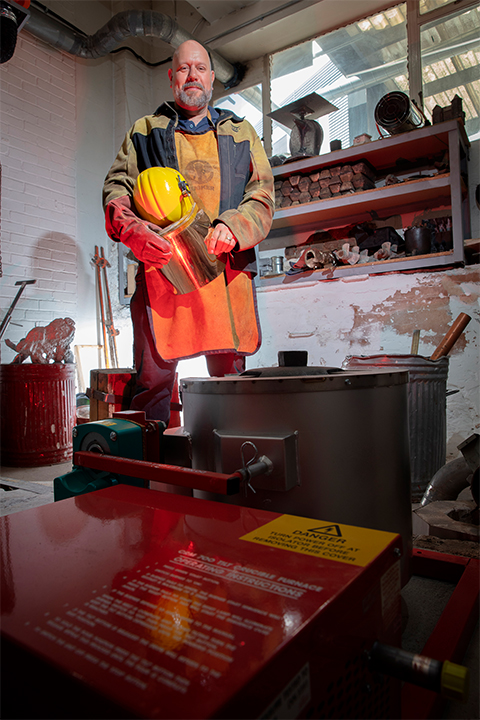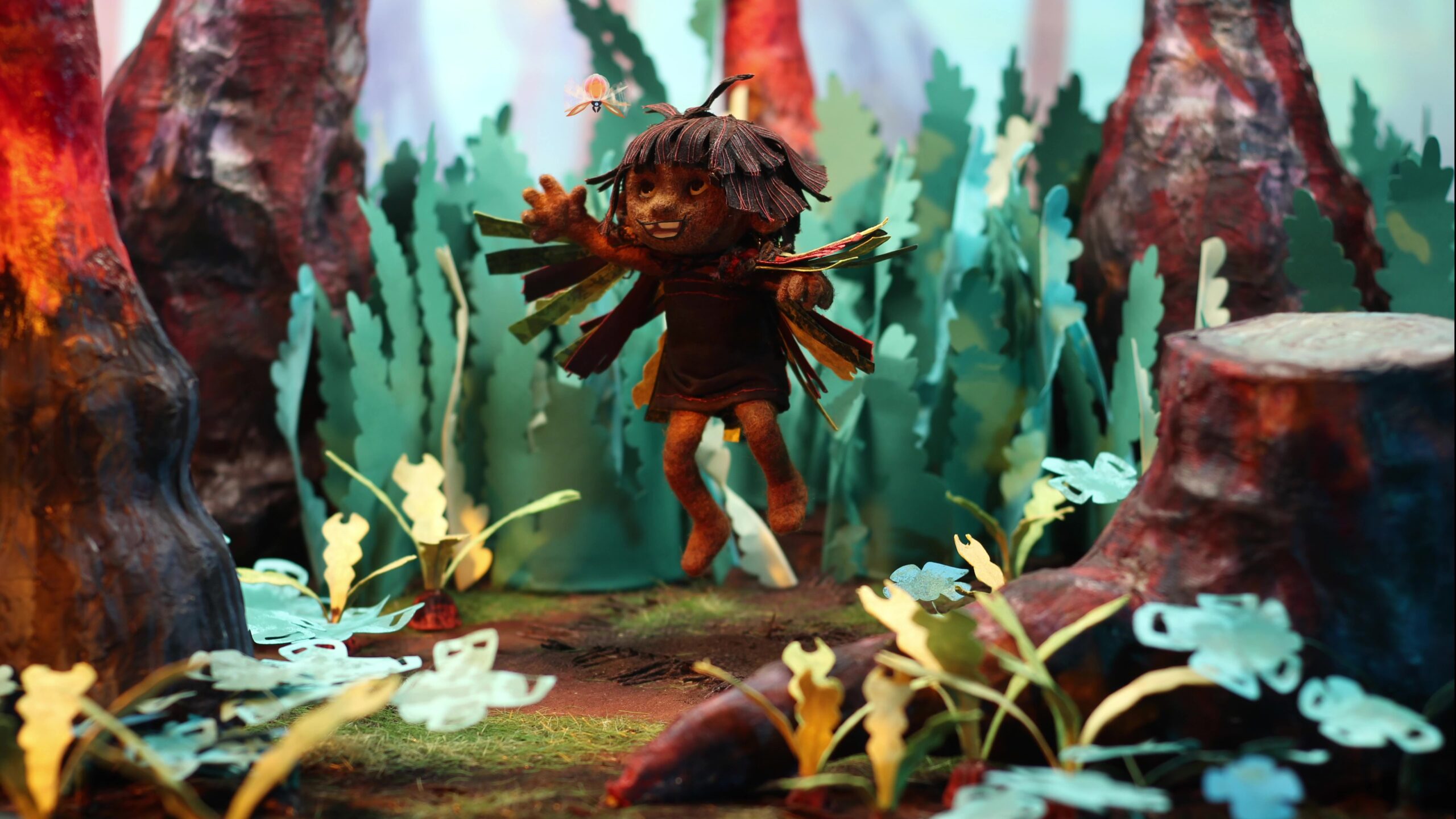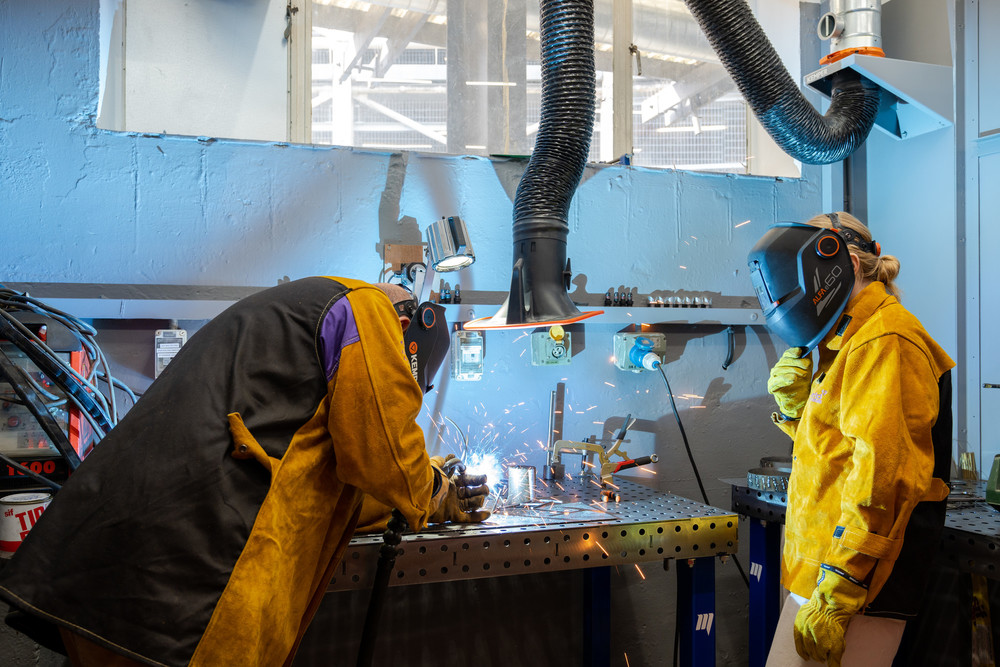
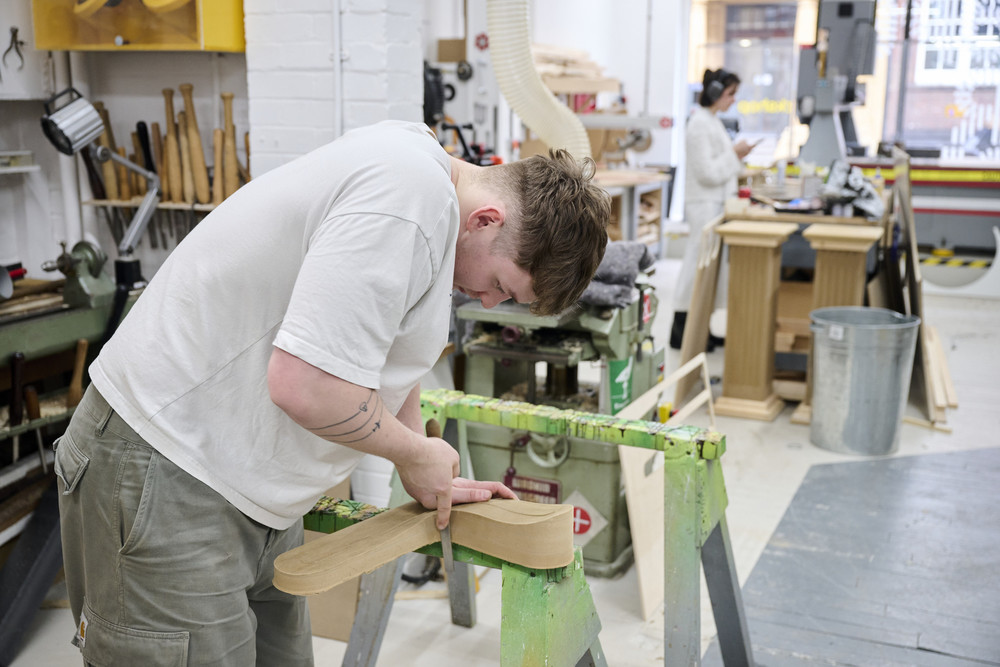
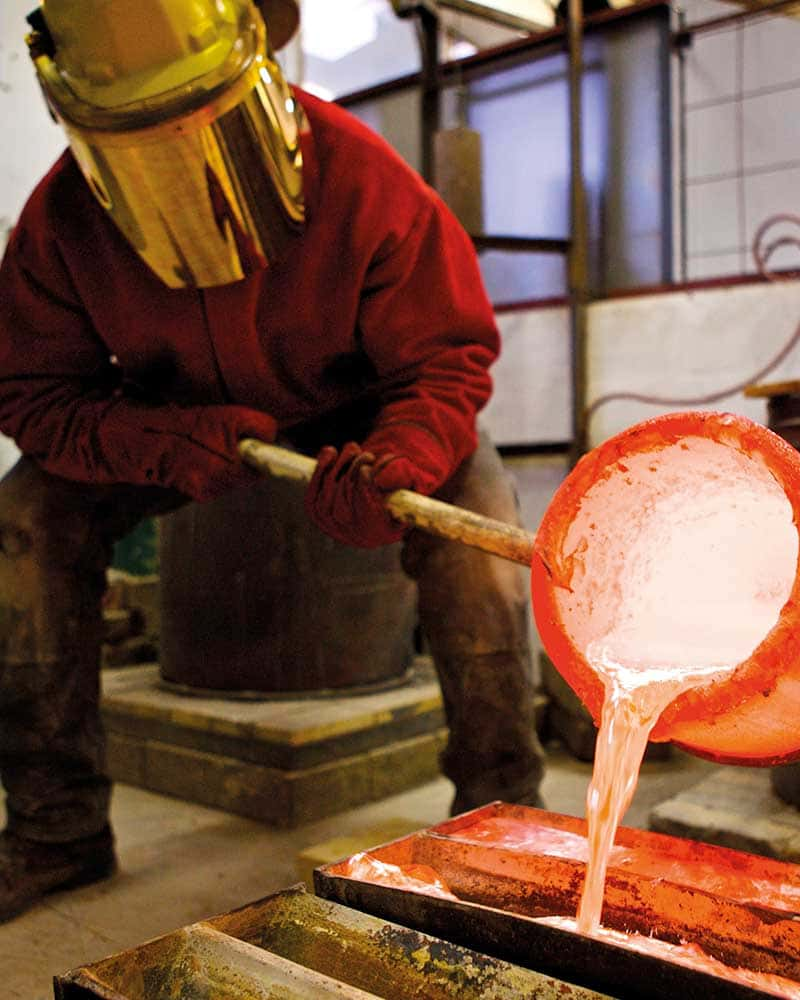
3D Workshop
The workshop is equipped with equipment and tools that enable students to experiment, make and create using a large range of traditional and digital processes including 3D print, CNC routing, welding, and casting.
The workshop is equipped with equipment and tools that enable students to experiment, make and create using a large range of traditional and digital processes including 3D print, CNC routing, welding, and casting. The 3D workshops are arranged into five different areas:
- The Machine Shop has a wide variety of industry-standard equipment and is manned by expert technicians who can advise students on correct usage, areas covered: wood, plastics, Digital Fabrication, metal and mould making.
- The Fabrication room is our benched area where students can bring together components and materials using hand and power tools, utilising a long list of adhesives/hardware. Additionally, this area covers the construction and stretching of painting canvases.
- Mould making room, this space is used to undertake a variety of different types of mould-making and casting. from the use of traditional techniques and materials (plaster, clay) to contemporary materials like resin and Jesmonite. An element of the mould room is supporting investment casting of metals in our Foundry.
- The Metal workshop enables the fabrication of a wide range of structures, which require the ability to join, cut and shape metals. The space is equipped with MIG and TIG welding machinery for fusing both ferrous and non-ferrous metals. Students learn a variety of techniques as well as hand tool finishing of cast bronze and aluminium.
- The plastics and foam area covers many aspects of cutting, forming and heating. Essential equipment used in the area is the vacuum former and hot-wire cutter, amongst other. The use of heat-based processes in plastics and foam can achieve fascinating results, which lend themselves to quick sketch model making, right through to final presentation pieces.
Digital processes in the workshop consist of 3D printing and CNC routing, which enable students to create work from digital images or CAD drawings. Combining these with the traditional processes gives the student boundless combinations. Students must have completed a 3D Workshop induction before any activities within the workshop, and before any machinery is used. Visit the 3D Workshop’s VLE page for more information about inductions, using the facilities, and contacting the technicians.
Technical staff
Related courses
Discover our courses and take the first step towards unleashing your potential
- Showing 1-4 of 9 results
-
Visit the Architecture BA (Hons) course page
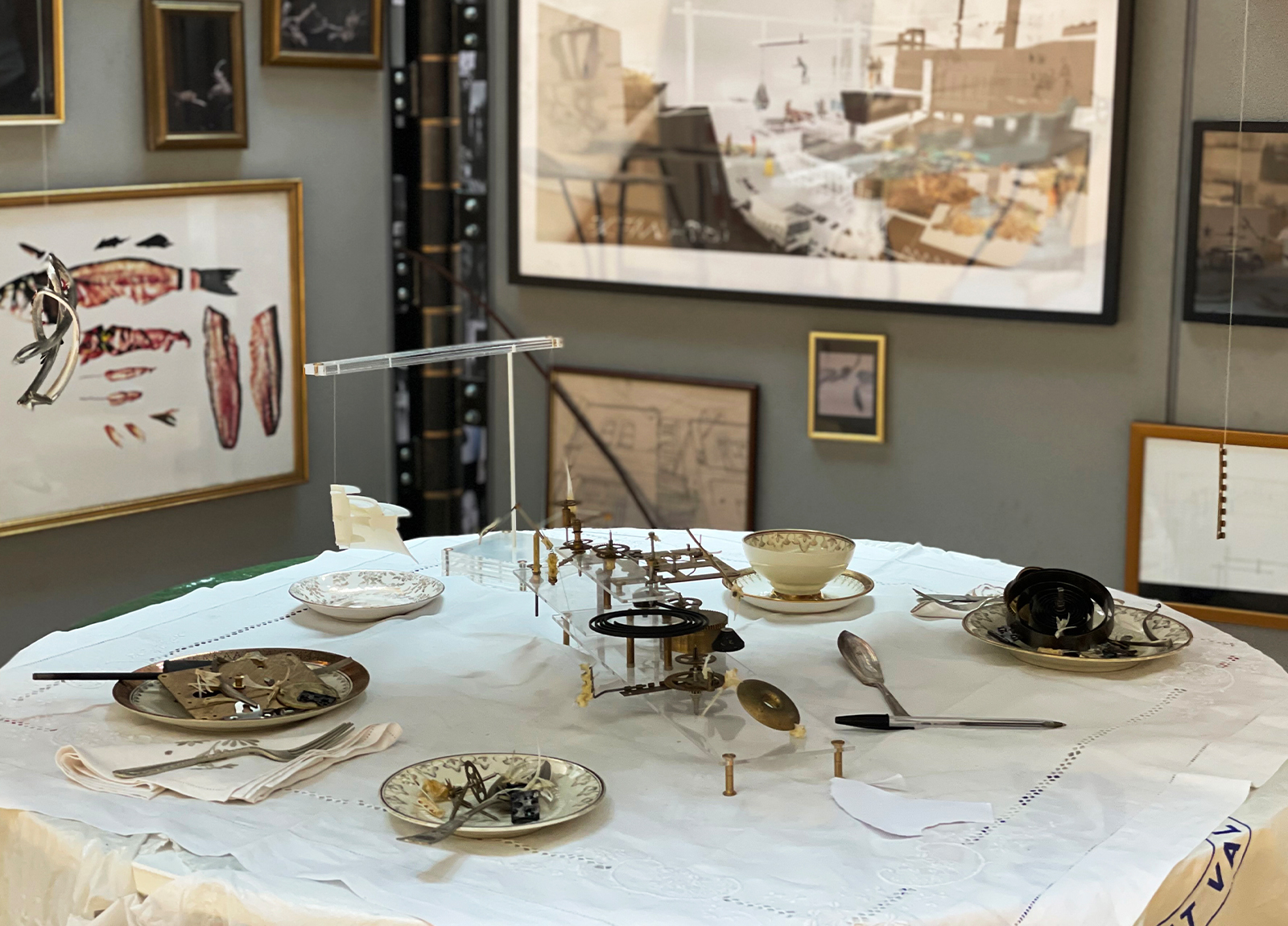
- Filter courses by study level: Undergraduate
- Filter courses by duration: Full time
- Filter courses by start month: September
- Filter courses by subject: Architecture
Architecture BA (Hons)
Push the boundaries of how we think about people, culture and the environment to create innovative and responsible design.
-
Visit the Architecture MArch course page
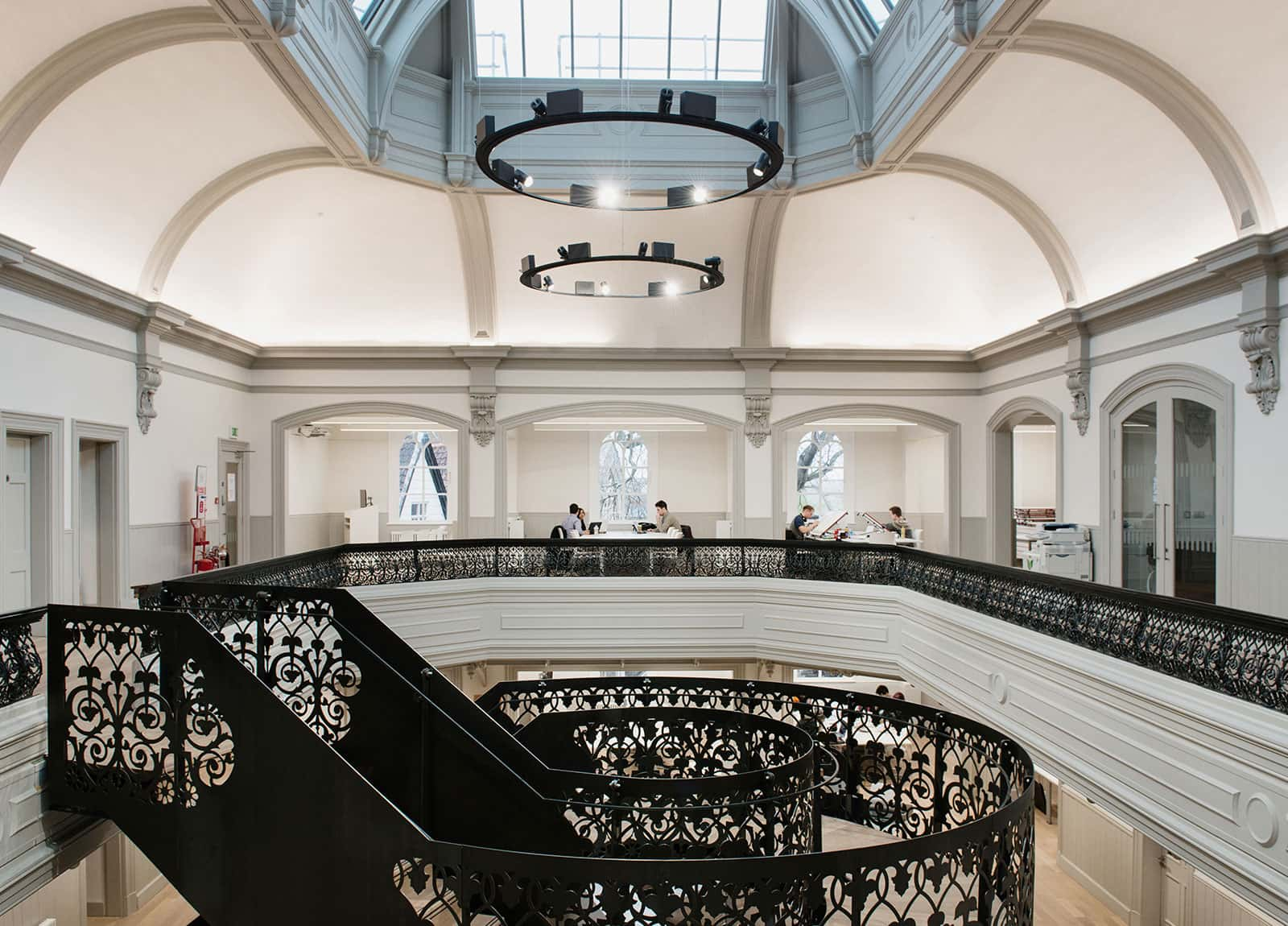
- Filter courses by study level: Postgraduate
- Filter courses by duration: Full time
- Filter courses by duration: Part time
- Filter courses by start month: September
- Filter courses by subject: Architecture
Architecture MArch
Take the next step towards becoming a qualified architect on our MArch Architecture course.
-
Visit the Fine Art BA (Hons) course page
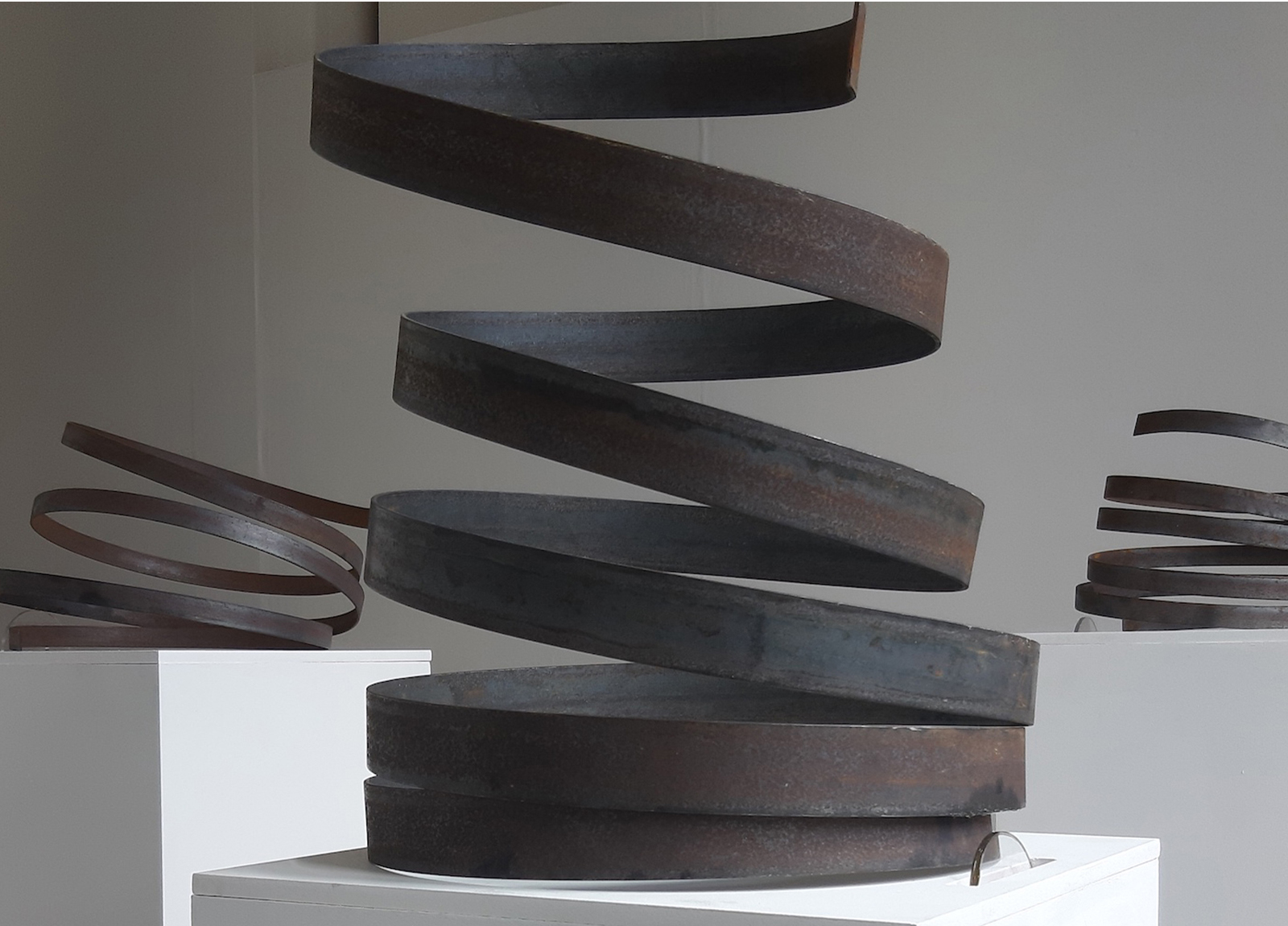
- Filter courses by study level: Undergraduate
- Filter courses by duration: Full time
- Filter courses by start month: September
- Filter courses by subject: Fine Art
Fine Art BA (Hons)
Want to explore your creativity, ideas, and instincts in a vibrant community of artists, thinkers and makers? And shape the future of contemporary art?
